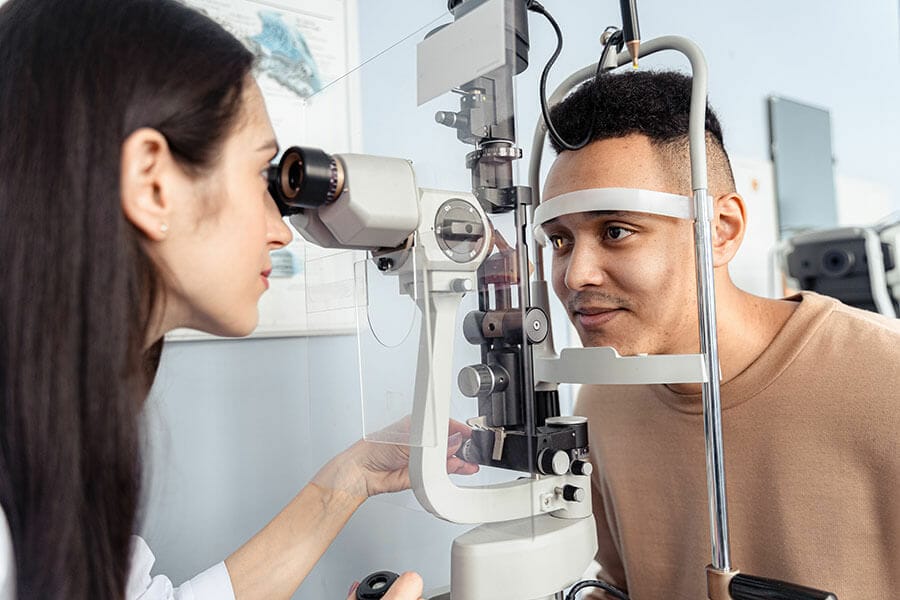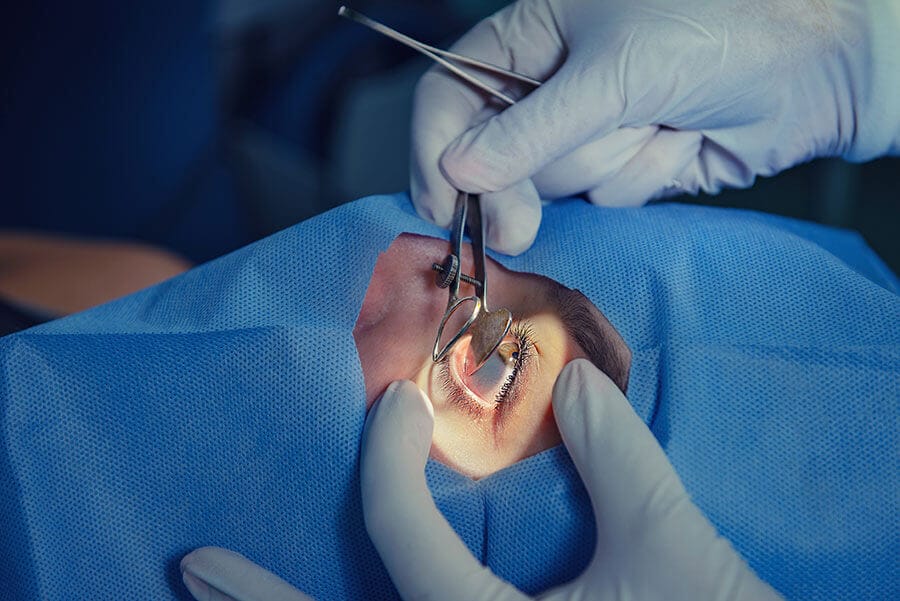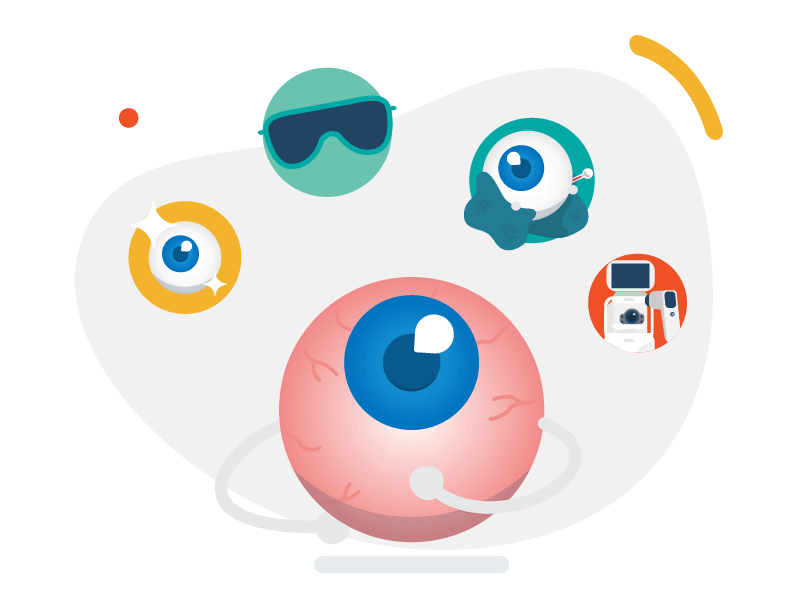How does night blindness occur?
Various eye conditions can lead to night blindness, including:
Myopia or nearsightedness and Night blindness
Nearsightedness, or blurred vision when viewing distant objects can cause optical difficulties that make seeing at night more difficult. Cataracts and Night Blindness
Cataracts, or clouding of the eye’s lens, is one of the most common causes of difficulty with vision at night. Older adults are more likely to develop cataracts. As a result, they're more likely to suffer from night blindness resulting from cataracts than children or young adults. Patients with high blood glucose levels or diabetes are also more likely to develop eye diseases, such as cataracts.
Retinitis Pigmentosa & Usher Syndrome and Night Blindness
People diagnosed with Usher Syndrome will progress to retinitis Pigmentosa which causes cells to break down in the retina,which is the light sensitive tissue at the back of the eye, leading to difficulties with night vision. One of the earliest symptoms for someone with Retinitis Pigmentosa, starting usually at a young age, is night blindness. The rods are the first part of the eye to get impacted from retinitis pigmentosa, which makes it difficult to adjust to changing amounts of light. Furthermore Retinitis Pigmentosa also causes a loss of peripheral vision which can make it even more difficult to navigate safely at night due to the combination of poor night vision and limited peripheral vision. Vitamin A Deficiency and Night Blindness
Vitamin A deficiency may also cause night blindness in very rare cases in the United States or in other countries where diets vary widely. Individuals with pancreatic insufficiency, such as those with cystic fibrosis, are more likely to have vitamin A deficiency because vitamin A is a fat-soluble vitamin. Consequently, they are more susceptible to night blindness.
Congenital stationary night blindness (CSNB)
An extremely rare condition affecting the retina is congenital stationary night blindness.
Due to impaired photoreceptor transmission, individuals with CSNB have difficulty adjusting to low light situations.
Glaucoma and Night blindness
Advanced primary open angle glaucoma causes a significant amount of damage to our eyes and vision and is a progressive condition that is the most common cause of irreversible blindness worldwide. People with glaucoma report difficulties with glare, driving, night vision, and poor color contrast.





















